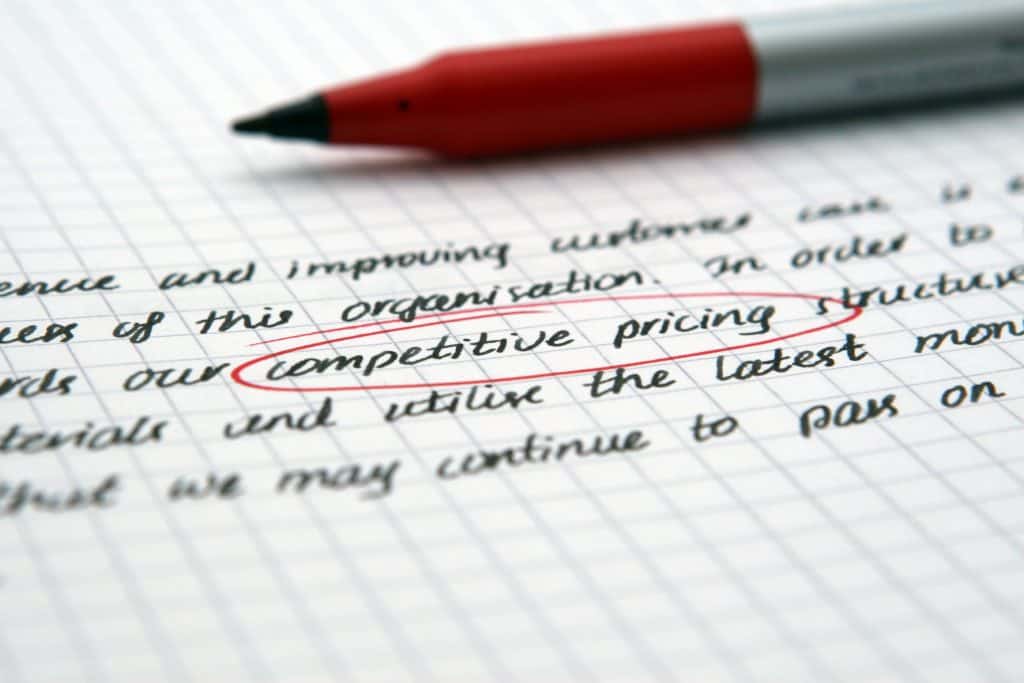How to Understand Sales Jargon

Nobody likes a conversation full of buzzwords.
Do your clients and colleagues a favor and forego the sales jargon along with the industry jargon.
What is Sales Jargon
As we are focusing on your customers in this series, let’s look specifically at the sales jargon people use when speaking with prospects.
There are so many expressions and words that people get used to using thanks to their own marketing spiels or simply the popularity of the expression. But they mean very little. As I am always pointing out in my Professional Patois posts: foregoing the buzzwords to be specific will make you a better communicator.
More importantly: it will improve your results, as your audience will understand what you want or offer in the correct context.
Some Examples
It is almost universally impossible to promise somebody that you “will exceed [their] expectations”. Because by saying so you have re-set their expectations to be exceeded, so that excess will merely meet their expectations. (It’s a bit meta, but still true).
Think about the words you use in each context, and then ask yourself why you use them and what you actually mean. Then say that. Do you promise to be “customer-focused”? Try instead to offer specific performance standards. Are you “best in class”? Compared to what, and how can you prove it? Are you “unique”? Are you really? Tell me how.
Practice and Prepare
As with our previous post: this exercise is best performed with colleagues. Get together and review the scripts you all use on a regular basis, be they for marketing, sales, objection handling or up-selling. Then identify anything that is not specific or is jargon-based. And instead of using that word, describe what you mean.
And allow me a personal note: please stop saying you will commit 110%. It’s a mathematical impossibility. Say instead what you will do to keep your customers happy.